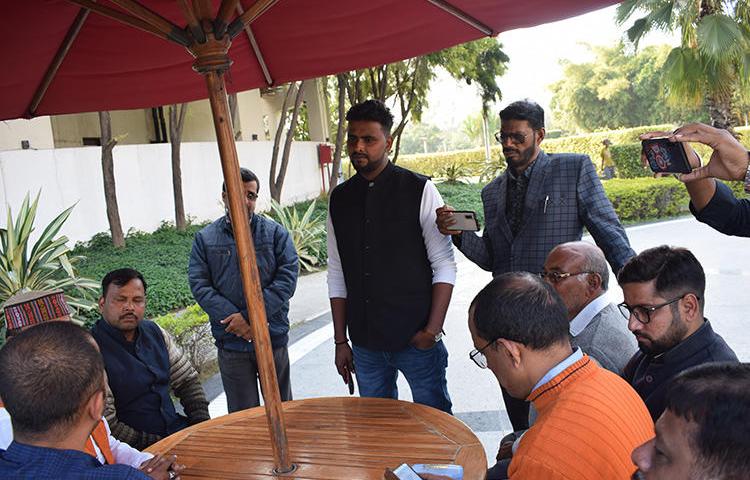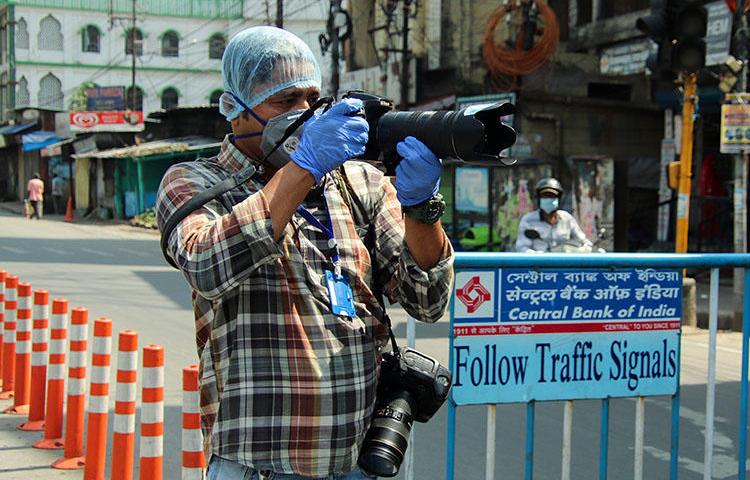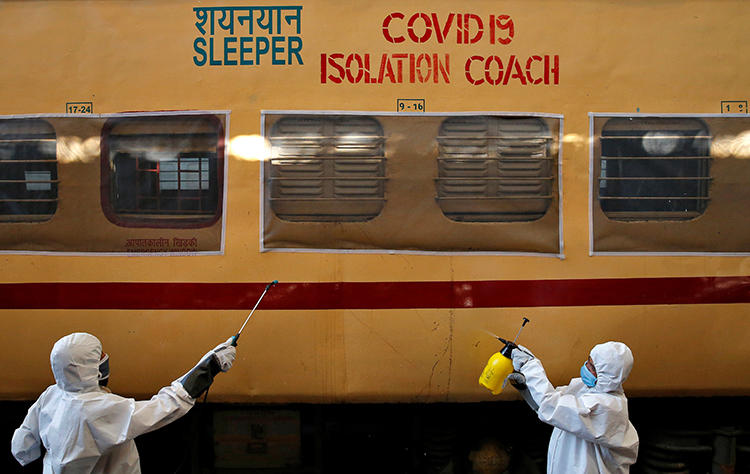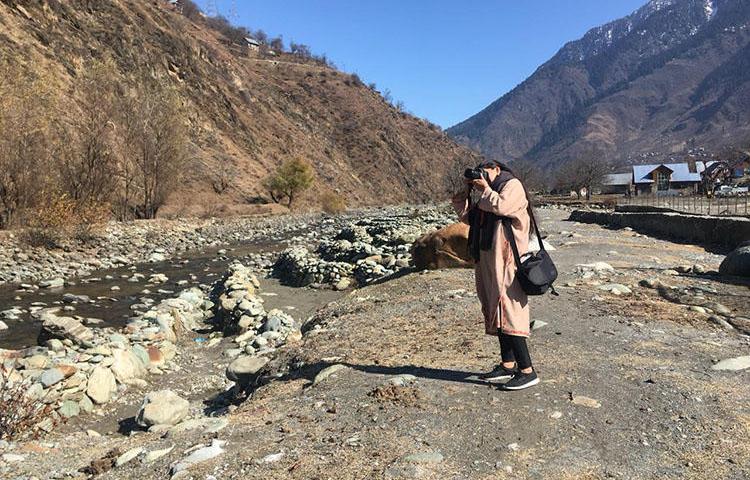CPJ, 73 media and rights groups urge Asian heads of state to release jailed journalists
Given that a staggering number of imprisoned journalists are held in jails across the Asian continent, CPJ and other groups call on leaders of these countries to release them at this time of grave public health concern.

Police in India’s Tamil Nadu state arrest journalist over COVID-19 coverage
New Delhi, April 24, 2020 — Authorities in India’s Tamil Nadu state must immediately release journalist Andrew Sam Raja Pandian and drop their investigation into his outlet’s coverage of the COVID-19 pandemic, the Committee to Protect Journalists said today.

Mission Journal: Journalists in India’s Uttar Pradesh say threat of attack or prosecution looms large
Also available in हिंदी में On March 26, two days after Indian Prime Minister Narendra Modi announced a national lockdown to control the spreading of COVID-19, Hindi-language daily Jansandesh Times reported that a tribe in Varanasi, Uttar Pradesh state, didn’t have enough to eat due to the sudden announcement and that children were eating grass.…

Freelance journalists risk lives and livelihoods amid COVID-19 pandemic
Johannesburg-based freelance journalist Yeshiel Panchia was on his way to cover a story about a local developer who had found a way to keep his wage laborers employed during South Africa’s coronavirus lockdown by letting them live on the construction site so that they didn’t have to leave “home” in contravention of strict rules.

Journalist Gautam Navlakha tells CPJ he fears imprisonment amid COVID-19 pandemic
New Delhi, April 9, 2020 — Indian authorities should stop pursuing the arrest of journalist Gautam Navlakha, and should cease holding journalists in jail during the COVID-19 pandemic, the Committee to Protect Journalists said today.

Indian journalist Vidya Krishnan on navigating harassment and government obstruction while covering COVID-19
Vidya Krishnan, a freelance reporter who has covered healthcare in India for 17 years, says she has never seen the kind of harassment and threats that health reporters have received while covering COVID-19.

Kashmiri journalist Raihana Maqbool on reporting on COVID-19 amid ongoing restrictions
Journalists in Jammu and Kashmir have spent the past eight months navigating an intense crackdown by Indian authorities in the region, including unprecedented restrictions on communications and the longest internet shutdown in a democracy. Now, they have the added challenge on trying to report on the COVID-19 pandemic. India has instituted a strict 21-day national…


